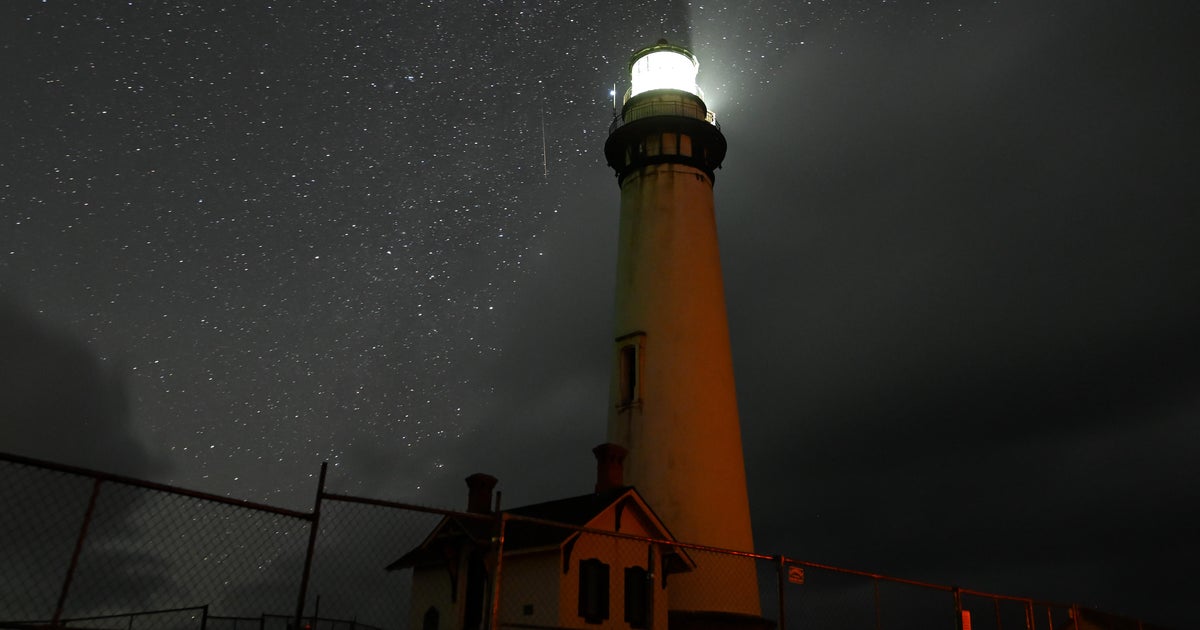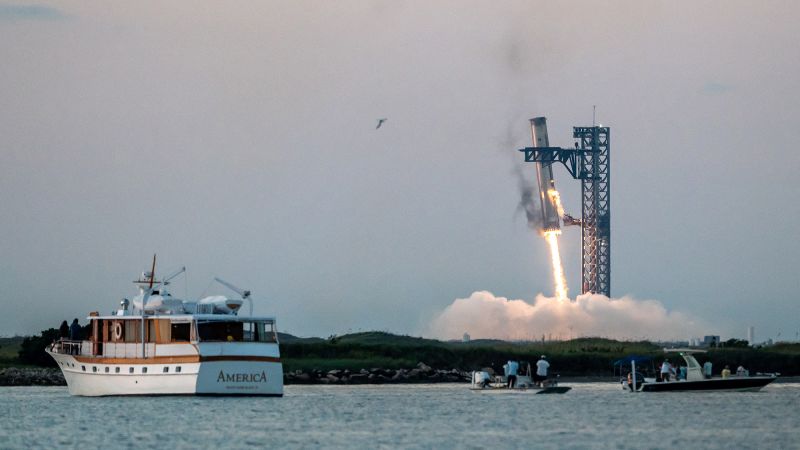
Physical Processes
Physical processes refer to the natural phenomena that occur in space and astronautical engineering, including but not limited to gravitational forces, electromagnetic radiation, thermodynamics, and fluid dynamics. These processes play a crucial role in the design and operation of spacecraft and other space-related technologies. Understanding physical processes is essential for predicting and mitigating the effects of space weather, such as solar flares and coronal mass ejections, on spacecraft and astronauts. Additionally, physical processes are important for the development of propulsion systems, such as ion engines and nuclear thermal rockets, that enable spacecraft to travel long distances in space.
Your Previous Searches
Random Picks
- Spacecraft Weight: Spacecraft weight refers to the mass of a spacecraft, including all of its components, fuel, and payload. The weight of a spacecraft is a critical factor in its design and operation, as it affects the amount of fuel required to launch and m ... Read More >>
- Transmission Electron Microscopes: Transmission Electron Microscopes (TEMs) are powerful tools used in the field of astronautical engineering to study the microstructure of materials. TEMs use a beam of electrons to pass through a thin sample, creating an image of the sample ... Read More >>
- Corrective Maintenance: Corrective maintenance is a type of maintenance performed on a spacecraft or its components after a failure or malfunction has occurred. It involves diagnosing the problem, repairing or replacing the faulty component, and testing the system ... Read More >>
Top News

How astronomers used gravitational lensing to discover 44 new stars in distant g...
How astronomers used gravitational lensing to discover 44 new stars in distant galaxygo.com...
News Source: ABC News on 2025-01-06

When and where to see the Quadrantids, 2025's first meteor shower...
The first meteor shower of 2025 is about to peak. Here's how to watch and where you can see the Quadrantids....
News Source: CBS News on 2025-01-02

Are the sonic booms from SpaceX’s Starship launches dangerous? Here’s what e...
SpaceX stunned onlookers when it returned a Super Heavy booster to a precise landing at its launchpad. But the resulting sonic boom may spark environmental concerns....
News Source: CNN on 2024-12-24